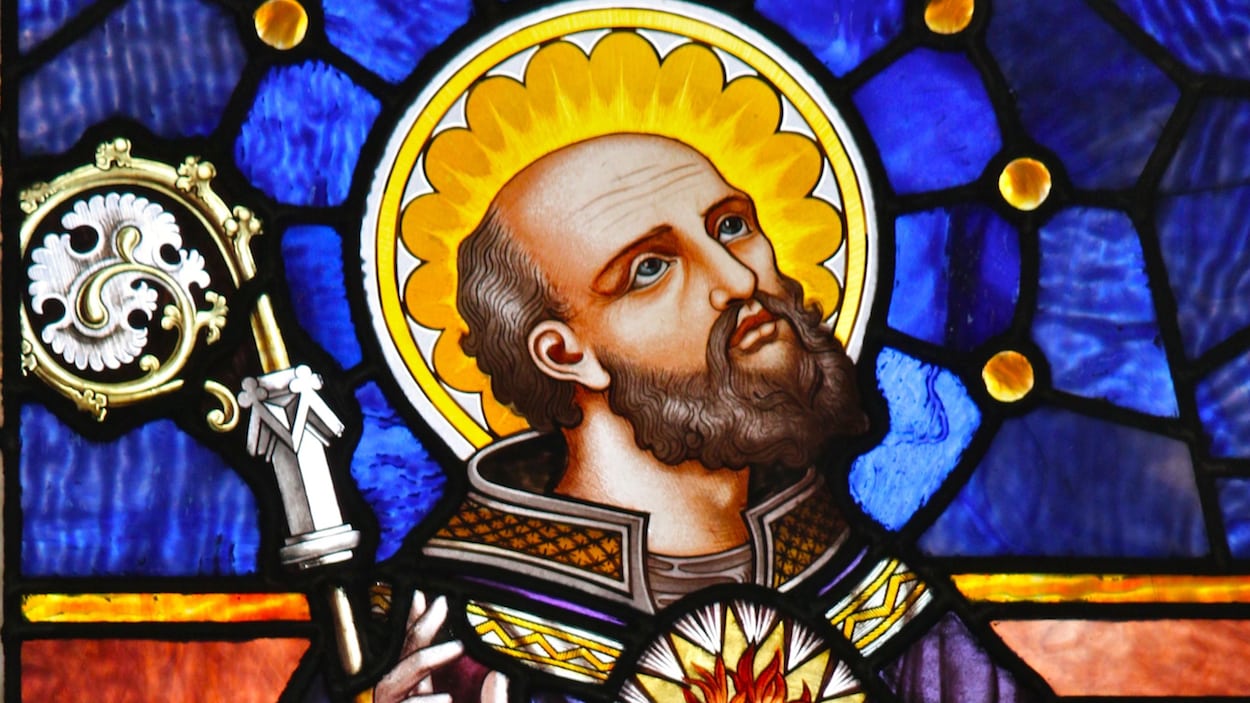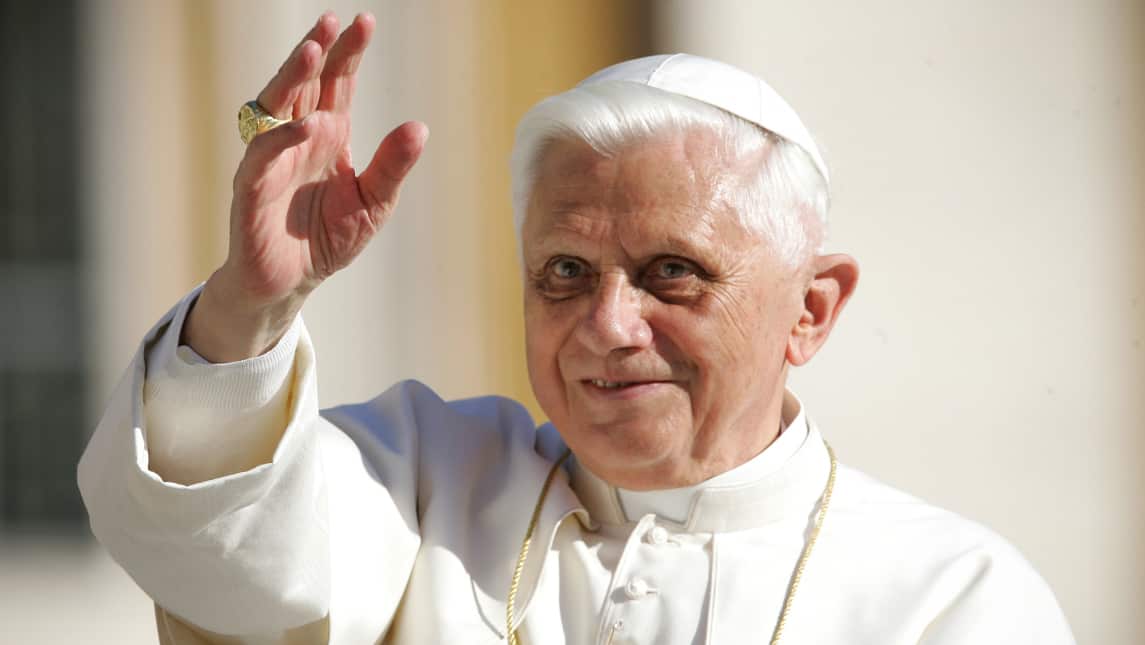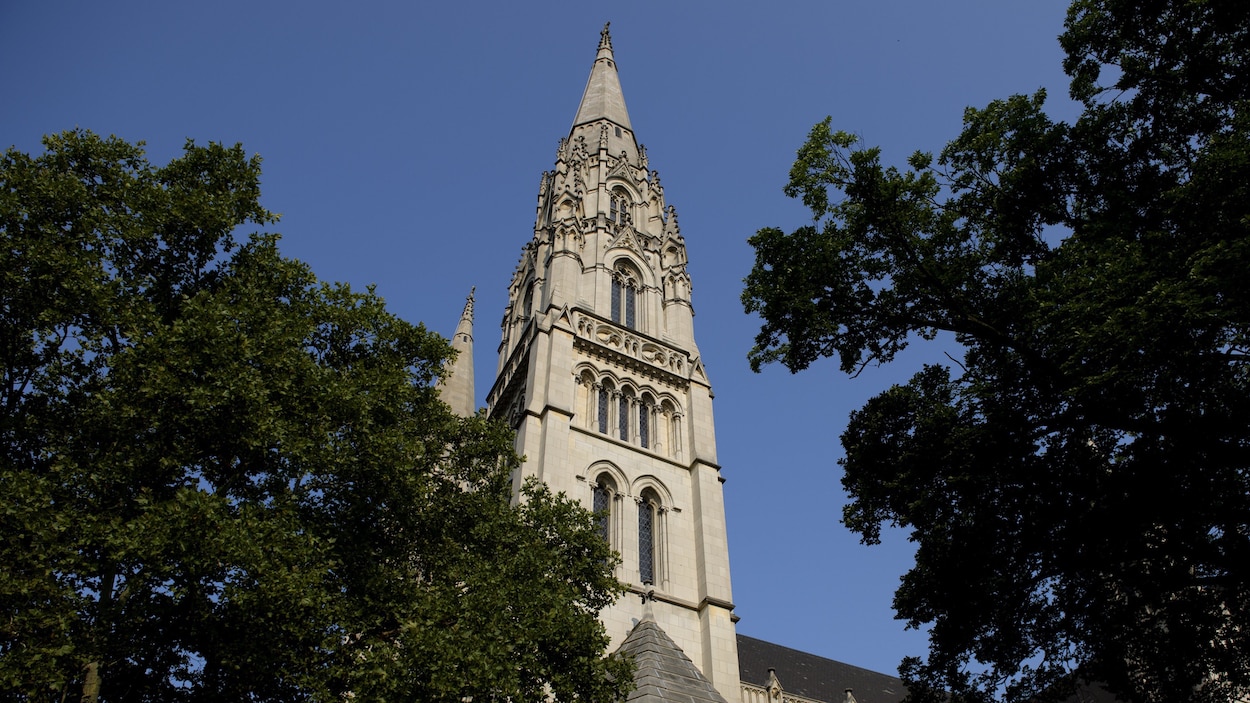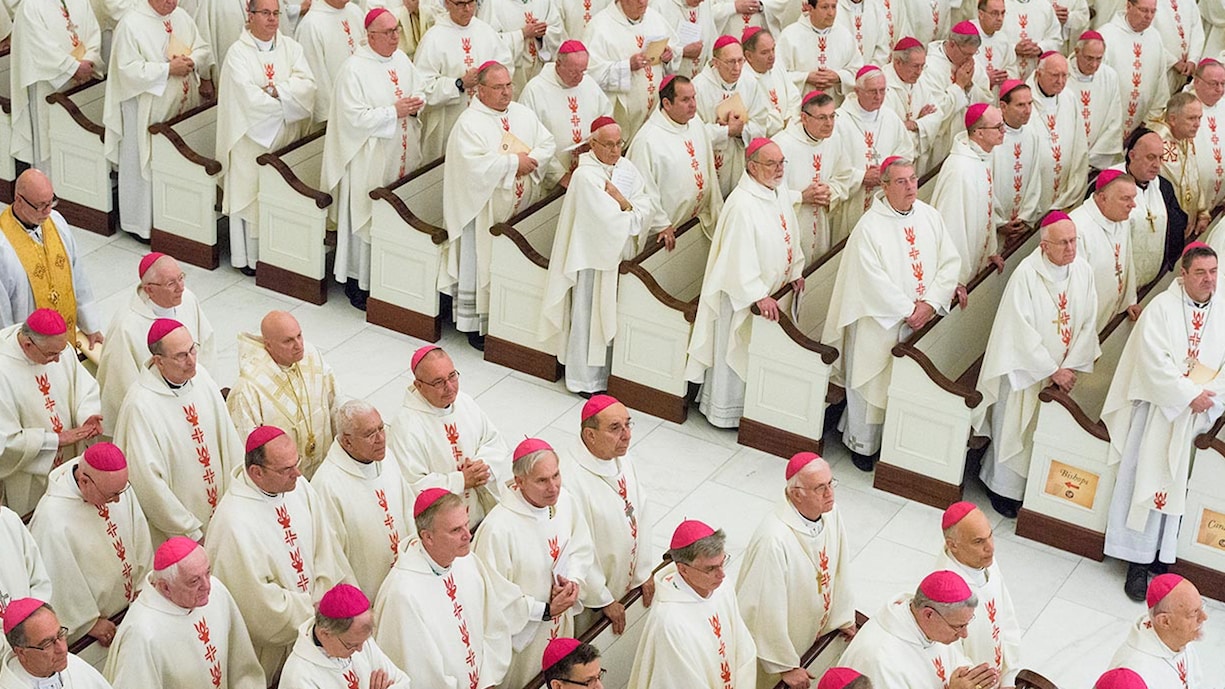I think many priests would say that 2002 was one of the worst years of their life—for that was the year in which the clergy sexual abuse scandal became widely known. In 2002 I learned first- hand that it’s possible to feel ashamed and guilty over something even without having any personal knowledge of, or involvement in, the terrible misconduct, and the cover-ups, that had occurred. Like most Catholics, I wanted the guilty parties to be identified and punished, and strong and effective policies to be implemented that would protect our young people and take care of this shameful and distressing problem once and for all.
That summer the American Catholic bishops held a special, emergency meeting in Dallas, Texas, and the document they produced—the so-called Dallas Charter—addressed the crisis of sexual abuse of minors by priests and deacons. In one sense, that new policy has been quite effective: there have been very few new cases of sexual abuse of minors by clergy since then, and the requirements for training, monitoring, and reporting by clergy, parish employees, and volunteers are probably the strictest of any institution in the United States. Catholic schools and parishes are now among the very safest places for children and minors; the reforms implemented after 2002 have by and large been successful.
However, the Dallas Charter, despite its accomplishments, had several major flaws. First of all, it did not forthrightly address the issue of homosexuality—for it was apparently politically incorrect to acknowledge that most cases of the sexual abuse of minors involved a relatively small number of actively gay or homosexual priests, and many bishops today still don’t want to face this unpleasant and controversial issue. Second, the Charter didn’t address the need to protect young people over the age of 18—including seminarians—from sexual predators among the clergy. Third, the bishops did not hold themselves accountable—either when knowingly transferring abusive priests from one parish to another, or, in a few cases, in having engaged in criminal and immoral activity themselves. In fact, the now-disgraced former cardinal Theodore McCarrick hypocritically presented himself back then as one of the leading voices working for reform, even as he was personally one of the worst criminal offenders.
In 2002 I felt confused, depressed, and ashamed. Now, in light of all the stories and revelations of these past few weeks, I feel angry and betrayed, and I would guess many of you have similar feelings. There are many good and holy bishops in this country—perhaps even a majority—but as a group, they have served their priests, and especially the Catholic people entrusted to them, very poorly, while seriously harming, if not destroying, their moral authority and credibility. Some have been speaking out, demanding that they hold each other accountable—but others don’t seem to get it, not comprehending the fury and disgust millions of Catholics now feel.
It isn’t enough to say that the Catholic Church in America has made huge strides in protecting children since 2002, and is now a model for the rest of the country. It isn’t enough to say that sexual abuse of minors isn’t just a Catholic issue, but is at least as big a problem in other religions, and a far bigger problem in the public school system. It isn’t enough to say that sexual misconduct and abuse is a crisis throughout our society, as demonstrated by scandals in Congress, in Hollywood, in universities such as Michigan State, in the corporate and business world, and in other aspects of the recently-formed #Me Too movement. It isn’t enough to say that Satan’s ongoing war against the Catholic Church is a major reason behind these scandals. None of these points—true as they are—excuse those who perpetrated these crimes and sins, those who covered them up, and those who knew about them but did nothing, thereby increasing the suffering and distress of the victims. Our Church is supposed to be much better than that, promoting, living by, and being held to higher standards—and God will surely hold accountable every priest and bishop who has failed in this regard. The Lord will not allow this sinful situation to stand; He will purify His Church—and for some members of the clergy and hierarchy, this process may prove to be, and should be, extremely painful, embarrassing, and even terrifying.
How should you and I respond to this latest crisis? Let me offer several suggestions. First of all, don’t believe everything you hear; a hostile news media, and even some elements within the Church, will quite possibly try to twist and distort the truth to serve their own agenda. Perhaps the best sources for day-to-day information are Catholic websites run by faithful laypersons completely independent of the bishops. Some good examples are Spirit Daily, Church Militant, and the Catholic League. Secondly, if you’re going to withhold donations from national collections as a way of getting the bishops’ attention and expressing your anger, please instead consider giving that money to other reputable charities. It’s also possible, according to Canon Law, to designate your donation for use only in your parish or only for the particular purpose you specify. Thirdly, and most importantly, please pray: pray for all the victims of misconduct by priests and bishops; all the persons whose complaints or warnings were brushed off or not taken seriously; all the young men whose vocations to the priesthood were destroyed by what they saw or experienced in the seminary; all the Catholics who have left the Church because of this crisis; all the persons who were meant to join the Church, but didn’t because of the crisis; all those persons whose lives were ruined—including a small but real number of falsely accused and even wrongly imprisoned priests; and, above all, for the conversion of those Church leaders whose sinful actions and inactions have not only seriously wounded and disgraced the Body of Christ, but gravely endangered their own immortal souls. Hell exists, and anyone guilty of sexual misconduct—bishop, priest, deacon, seminarian, or layperson—is in grave danger of eternal damnation. However, this is not God’s will, and so we must pray for the person’s salvation.
The one thing we should not do is leave the Church out of anger or disgust, for that’s exactly what the devil wants. Beginning with Judas Iscariot, Catholicism has always been infiltrated by agents of Satan; also, as a result of human sinfulness, the Church has always been in need of reform. God has raised up some of His greatest saints during the worst of times. About 400 years ago the holy bishop St. Francis de Sales, speaking of the scandals of his own day, said, “Those who commit these types of scandals are guilty of the spiritual equivalent of murder. But I’m here among you to prevent something far worse for you. . . . those who take scandal—who allow scandals to destroy their faith—are guilty of spiritual suicide.” In other words, leaving the Church because of the sinful behavior of some of her leaders is an act of cutting oneself off from the Sacraments—especially the Eucharist—thereby depriving oneself of the greatest source of God’s grace. We must not be like those former disciples of Jesus who would no longer follow Him when the going got tough. Instead, we must be like the faithful apostles who—with Peter as their spokesperson—didn’t claim to fully understand the Lord’s teaching, but knew that He alone had the words of everlasting life. Sinful or negligent Church leaders may end up in hell, but no amount of diabolical attacks, or human sinfulness and stupidity, will ever destroy the Church. Jesus promises she will triumph in the end—and it’s God’s Divine Will that you and I pray for, work for, and share in, this victory.









The best I’ve read and the most helpful I’ve read. Thank you so much. May He Bless you always. I’m not running away either.